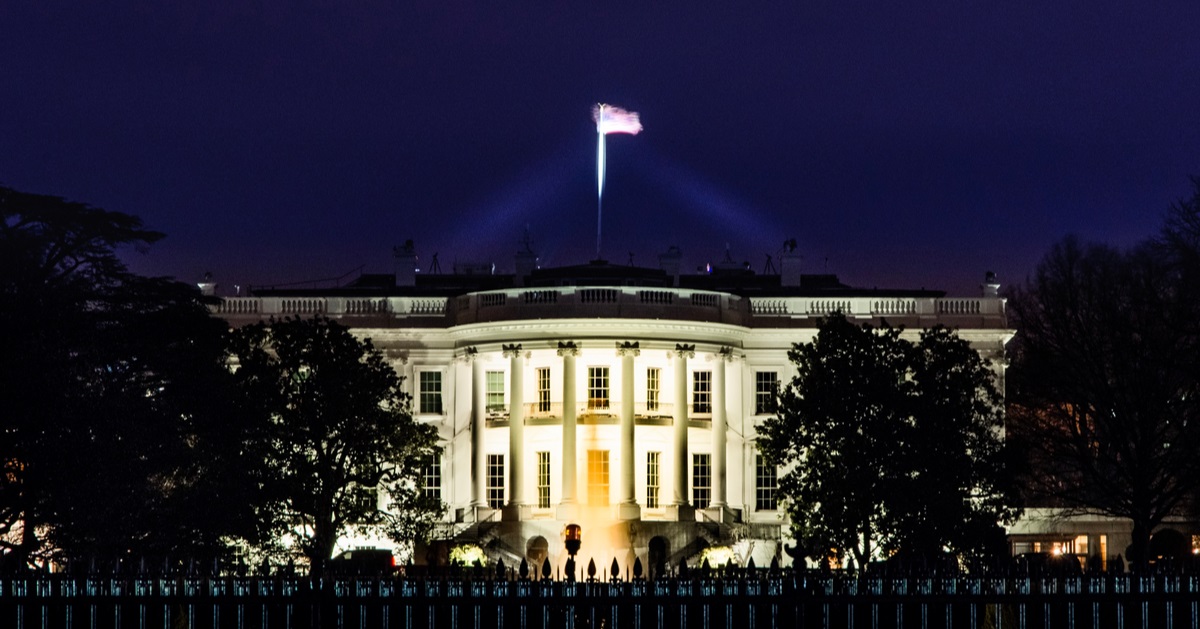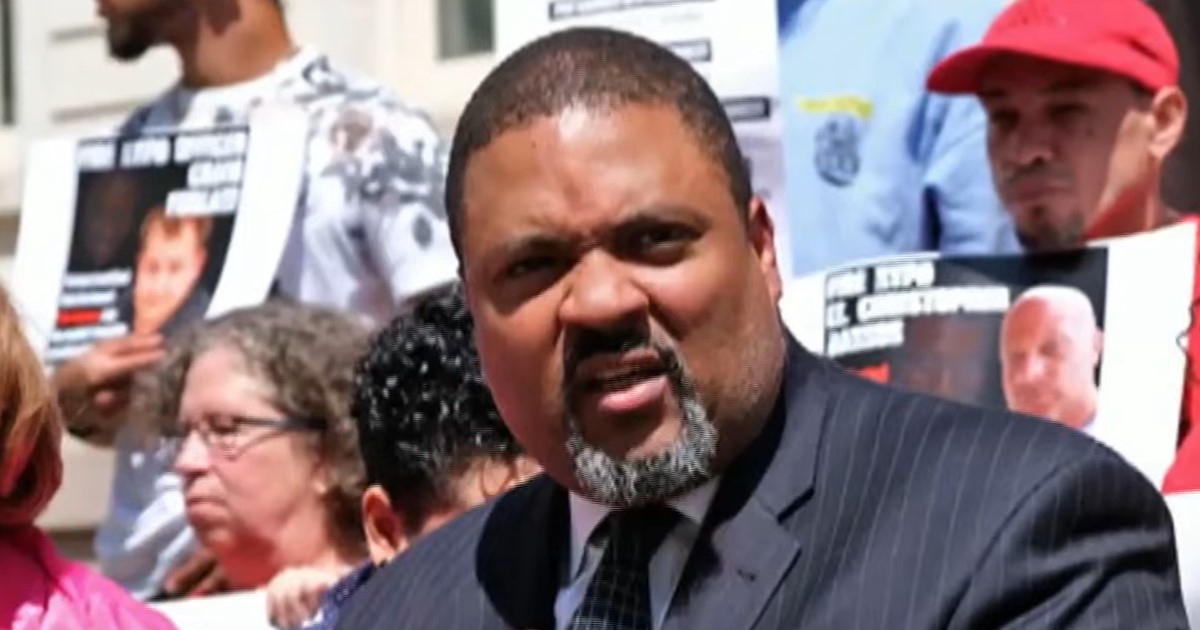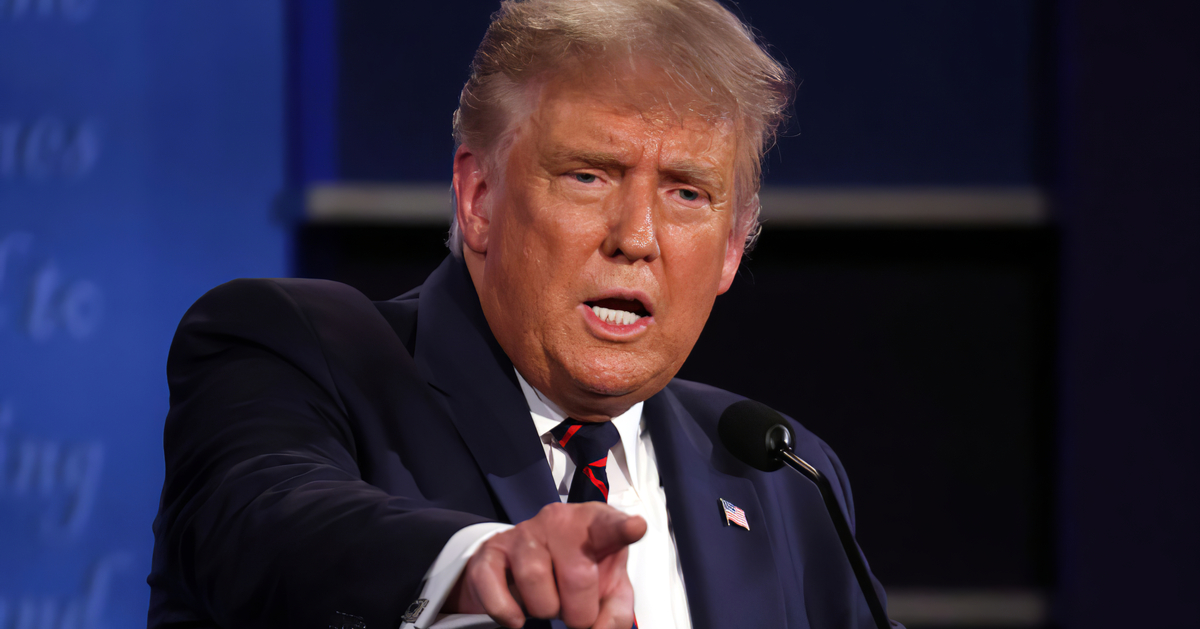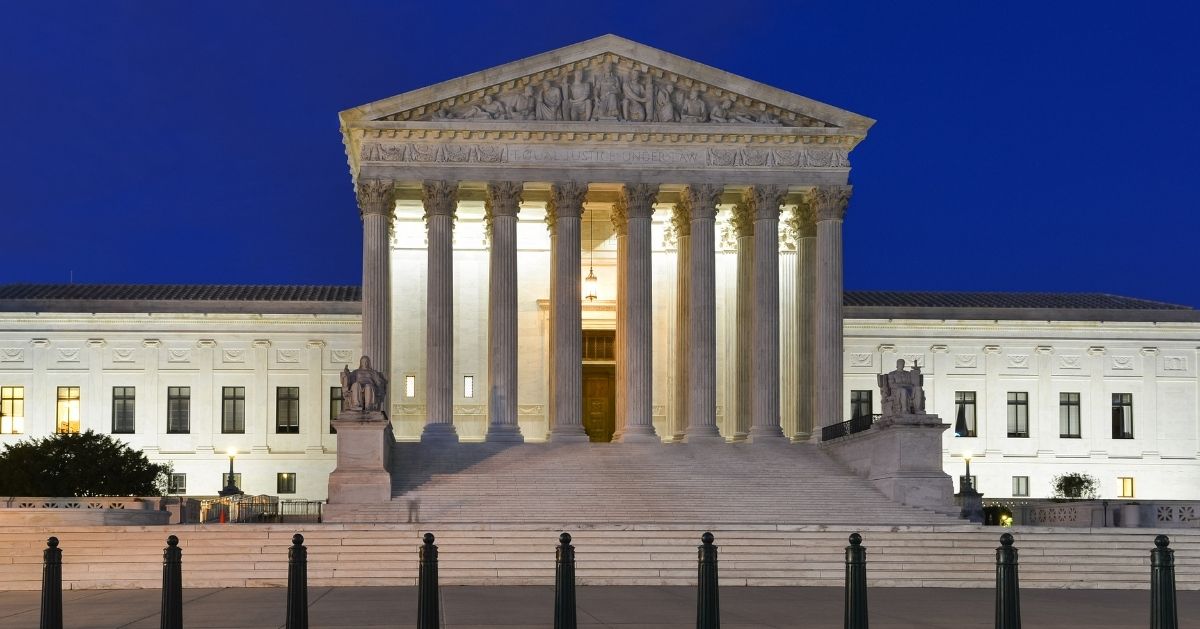Pence says Trump never told him he knew he lost the 2020 election
Despite the hard line he has taken against former President Donald Trump's 2024 presidential candidacy over his conduct in the aftermath of the 2020 election, ex-Vice President and fellow GOP hopeful Mike Pence has just made a potentially critical revelation about that controversial period of time, as the Des Moines Register explains.
Pence has suggested in recent weeks that given Trump's mounting legal problems – which include an indictment on claims that the then-president made fraudulent representations about election irregularities – he should not seek another term in office, but in a Saturday interview given in Iowa, Pence said he could not recall the former president ever telling him that he knew he had indeed lost the 2020 contest to Joe Biden.
Pence's revelation
In addition to another federal indictment and one in New York, Trump is now facing four counts of conspiring to upend the 2020 election results in a case brought in Washington, D.C. by Special Counsel Jack Smith.
Legal observers have, as the Washington Post has noted, weighed in on the new allegations, suggesting that Trump's true state of mind in the wake of the election could prove pivotal to the prosecution's success or failure and that the government will need to establish that the then-president knew all along that he lost the race and that representations to the contrary were lies.
To that end, the recollections of people who were in Trump's inner circle at the time in question -- Pence included -- will be required in order to get to the truth of what occurred during those fateful days and weeks.
Speaking to the Register over the weekend, Pence declared, “There was no point in time that the president ever told me that he knew he had lost.”
Evidentiary dilemma
The first page of the newest indictment against Trump asserts that his claims of outcome-determinative fraud in the 2020 election “were false” and says that the then-president knew they were untrue when he made them.
In stating that Trump's decision to promulgate supposedly false claims about the election constituted criminal activity, Smith is, according to numerous legal scholars, on particularly precarious ground, as the Post further outlined.
Longtime Washington lawyer Robert Kelner told the outlet, “I think the entire indictment really turns on the question of Trump's intent. Arguably, there isn't any smoking-gun evidence in the indictment regarding intent, though there is certainly circumstantial evidence.”
Kelner went on, “At the heart of the case is really a metaphysical question of whether it's even possible for Donald Trump to believe that he lost the election, or lost anything else, for that matter.”
Broader considerations afoot
As Kelner notes, the prosecution faces numerous obstacles when it comes to establishing the true state of mind possessed by Trump in the election's aftermath, and Pence's weekend admission does little to assist in their cause.
According to legal scholar and Fox News contributor Jonathan Turley, the aforementioned analysis and its ensuing – and difficult – evidentiary lift may even prove to be irrelevant due to additional constitutional considerations.
Writing recently for The Hill, Turley said that for the government to win its case against Trump, it would need to “bulldoze through not just the First Amendment but also existing case law holding that even false statements are protected.”
Turley adds, “as a threshold matter, one problem is immediately evident. If Trump actually did (or does) believe that he did not lose the election, the indictment collapses,” but even if he knew that stolen election allegations were untrue, SCOTUS precedent holds that false statements made amid a campaign are not criminal in nature. While Pence is surely not the only insider set to be queried about Trump's post-election representations, his weekend acknowledgment underscores the surprisingly risky position Smith has assumed in this case.






